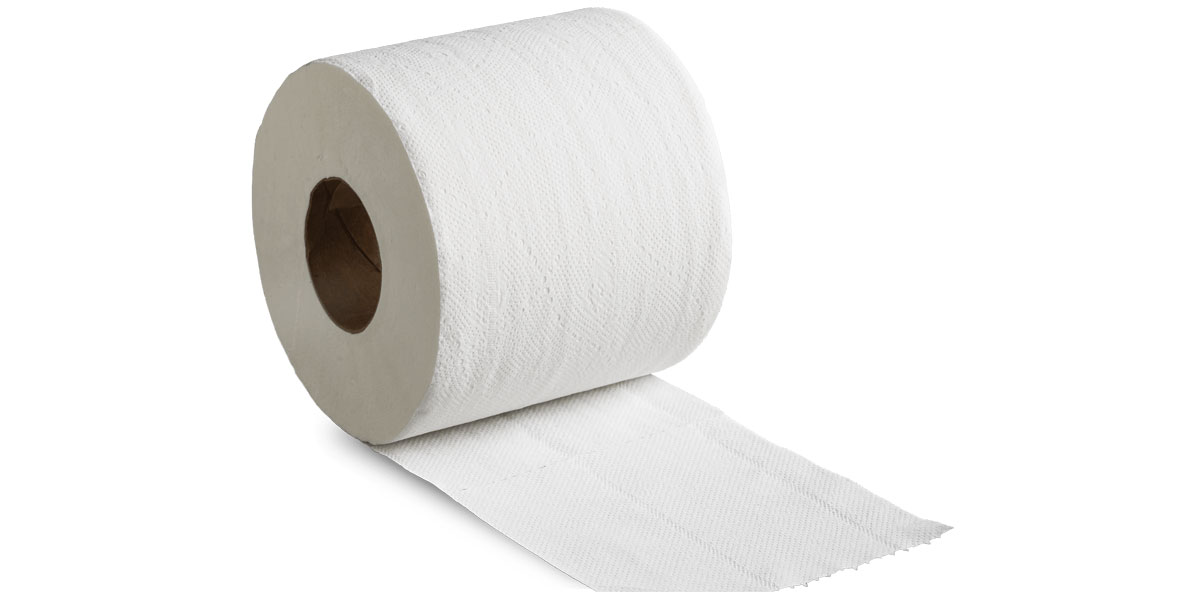The Growing Demand for Halal Products
The concept of halal refers to permissible or lawful things according to Islamic law. When it comes to food and consumer products, halal certification means that a product is prepared, processed, handled and stored using methods that conform to Islamic dietary standards. In recent years, there has been a growing demand for halal certified products across the world.
An Expanding Global Market
The global halal products market has been steadily expanding in the past decade driven by the rising Muslim population worldwide. According to estimates, there are around 1.8 billion Muslims globally who follow Islamic dietary laws. With increasing globalization, a growing number of Muslims are looking for halal alternatives when consuming and purchasing goods outside their home countries. This has led major food and consumer goods companies to cater to this segment through halal certifications. The global halal food market alone is projected to reach $1.9 trillion by 2025. Countries like Malaysia, Indonesia, Middle East nations have been leading this market for a long time. Now even Western nations with sizeable Muslim minorities are recognizing the business opportunities in halal products.
Changing Preferences of Younger Consumers
Apart from the growing global Muslim population, changing consumption patterns of younger Muslim consumers are also contributing to the boom in halal goods. The millennial and Gen Z Muslim consumers are more inclined towards lifestyle and convenient products while still upholding Islamic values. This has led to rising demand for halal meat alternatives, cosmetics, personal care and pharmaceutical items. Major brands are launching new lines of halal certified snacks, ready-to-eat meals, skincare and beauty products tailored for this segment. Younger Muslims no longer stick to the same traditional products; they want varied choices in line with their fast-paced urban lifestyles. This evolved preference for new categories is a major driver for companies to innovate in halal offerings.
Ensuring High Quality Standards
For products to receive halal certification, they need to conform to strict guidelines governing ingredients, manufacturing process and supply chain handling. Unauthorized ingredients derived from pork, alcohol or other non-halal sources are strictly prohibited. The location where animals are slaughtered and meat is prepared should follow Islamic rituals. Even packaging materials and machinery coming in contact with food items need to be cleansed according to halal standards. Regular audits are conducted to ensure certified companies adhere to processes without any compromise on quality. This rigorous oversight has helped address earlier quality-related concerns and earned greater trust of Muslim consumers in halal brands over the years. Advanced technologies like blockchain are now being used to achieve more transparency in global halal supply chains.
Rise of Halal Cosmetics and Pharma
Not just food, the non-food halal industry encompassing daily-use items is witnessing strong growth too. In particular, halal certified cosmetics and personal care products are gaining wider acceptance globally. The multibillion-dollar industry caters to the requirements of Muslim women who want ingredients free from alcohol and other restricted materials in their skincare and makeup regimes. Leading brands are releasing halal ranges in makeup, fragrances, haircare and skincare. Similarly, the halal pharmaceutical sector is expanding to reassure Muslim patients about medication permissibility. Nowadays, even vitamin supplements and medical devices come with halal logos approved by certification bodies. This reflects broader efforts to address the niche needs of Muslim consumers across consumption categories.
Power of technology
Technology is playing an increasing role in enabling transparency and traceability in global halal supply chains. Blockchain, IoT sensors and cloud computing are helping map raw material sources, manufacturing locations and logistics in real-time. This boosts assurance for Muslims that certified products maintain purity throughout the journey. AI and big data are assisting certification agencies to conduct remote audits and digital oversight of facilities. Halal e-commerce platforms are cropping up to directly connect authenticated producers, importers and vendors with online buyers. Quick response (QR) codes provide verified identification and authentication of certified items. Overall, technological advancement offers a potent tool to efficiently scale up the halal industry while ensuring integrity of the certification process.
Prospects for Halal Tourism
The popularity of halal tours and experiences is on an upswing in parallel with the overall halal market. A growing number of hotels, resorts, travel operators and outlets are obtaining halal accreditation to welcome Muslim travelers. They strictly follow guidelines for foods served, beverage options, entertainment permissible inside premises and even sourcing of room amenities. Destinations in Southeast Asia, Gulf nations and emerging Islamic tourism hubs in Central Asia are actively promoting halal tourism infrastructure to tap this lucrative segment. More non-Muslim countries are recognizing the business potential by developing halal-friendly zones in major cities, airports and stations catering to spiritual, cultural and lifestyle needs of visitors. This will pave the way for a multi-billion dollar halal tourism vertical in future.
Conclusion
In conclusion, the concept and scope of halal products have expanded significantly from just food to daily consumer items and services like tourism catering to spiritual, cultural and lifestyle needs of nearly a quarter of the global population. Driven by population growth, urbanization and evolving consumer preferences, the halal industry is envisioned to become a $3 trillion global market by 2030 according to some estimates. Both Muslim and non-Muslim companies are now seeing opportunities to innovate and gain market share by fulfilling the halal certification criteria through responsible sourcing and manufacturing practices. Advanced technologies will play an instrumental role in digitally enabling the integrity, transparency and assurance factors required for this industry’s further growth and global expansion in the coming years.
Note:
1. Source: Coherent Market Insights, Public sources, Desk research
2. We have leveraged AI tools to mine information and compile it




